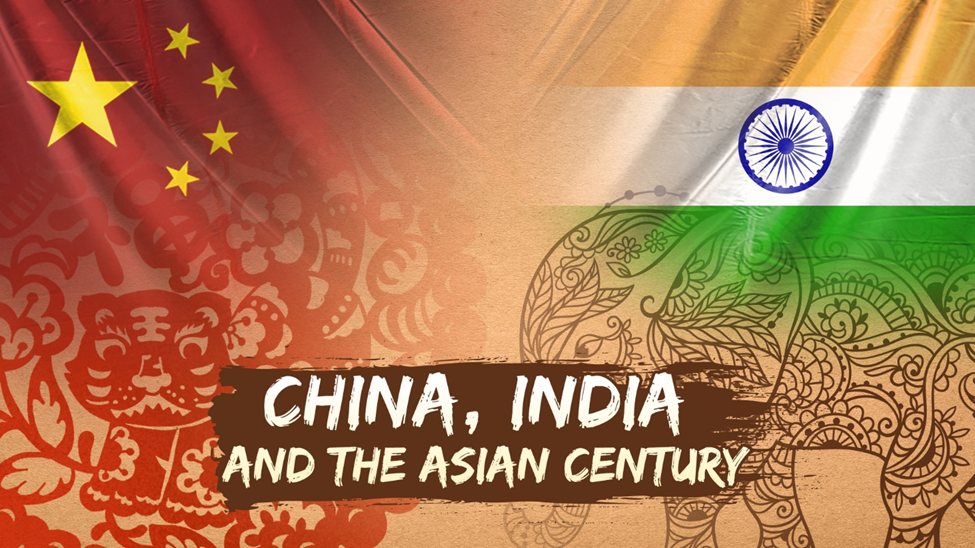Five reasons why private airlines fail so often in India
- InduQin
- May 5, 2023
- 3 min read

Go First has blamed its troubles on American company Pratt & Whitney's "faulty engines" which caused grounding of half of its fleet. However, Pratt & Whitney has said that Go First had a long history of non-payment of dues. Go First’s engine woes are also due to its financial constraints due to which it deferred maintenance work during COVID, an ET report has pointed out, citing industry sources.
“Unpaid dues piled up and the airline didn’t pay it. Now demand has picked up leading to shortage in maintenance capability and of course the engine makers are giving first preference to the airlines which paid on time,” an executive with an engine manufacturer told ET.
Go First is not the first private airline to hit a dead end in India. The Indian aviation sector has seen so many airlines either go out of business or get bought after incurring heavy losses that it can be called the graveyard of airlines. From EastWest and Damania in the 1990's to MDLR, Paramount, Kingfisher, Air Costa and Jet in the previous decade, the list of failed Indian airlines is long.
Airlines in India have had to face several challenges, besides general mismanagement, which impact profitability. Below are a few of them.
Fuel
A major chunk of operating cost in aviation is air turbine fuel (ATF). It usually comprises half the cost but can go steeply up depending on several factors. There has been a phenomenal rise in ATF price, nearly 60% to 70% in the past few years. International oil prices are sensitive to a host of global factors and can often play spoilsport for an airline which is otherwise doing well. Fluctuating ATF means a perennial instability built into the business. Wild swings in ATF prices can wreck an airline business. When dues mount, oil companies put airlines on a cash-and-carry basis which worsens the situation.
In India, ATF is heavily taxed. States impose a value-added tax (VAT) on ATF which could be as high as 30%. Aviation Minister Jyotiraditya Scindia last year wrote personally to 22 chief ministers to bring down VAT, arguing that a lower rate favours states as well since it means greater number of flights coming into the states and higher amount of refuelling. A large number of states have reduced VAT. There are also calls to bring ATF under the GST so that there is uniformity and more stability in price.
Since India is nearly 85% dependent on imports to meet its oil needs, the only way to cut ATF prices and bring stability to airline business is to reduce taxes.
Dollar
An appreciating dollar also raises the costs for an airline. Jet fuel, lease payments, maintenance and overhaul costs, along with aircraft purchases, are typically priced in dollars. When rupee depreciates against dollar, it increases day-to-day cost of operations, squeezing profit and cash balance. It makes overseas tickets more expensive, and can dent demand and shrink margins.
Fluctuating demand
Demand elasticity is a major challenge in the aviation business all over the world. Demand for air travel is highly sensitive to business cycles. It is one of the first sectors to feel the impact of a downturn because a low in business activity means immediate reduction in air travel. Air travel demand is also sensitive to global disruptions such as pandemics and conflicts. Fluctuating demand plays havoc with airline business since every seat going vacant translates into loss.
High fixed costs also become major concerns due to demand elasticity. When demand is low, airlines have to still pay salaries to all the staff. Airline staff, especially pilots, are highly paid. Most of the airline staff can't be hired and fired at will because many, like pilots, are technical staff which is not easily available when needed. Airlines staff is also often highly unionised which means a company can't lay off or cut salaries at will.
Read more at: https://economictimes.indiatimes.com/industry/transportation/airlines-/-aviation/five-reasons-why-private-airlines-fail-so-often-in-india/articleshow/99959908.cms




Comments